

This comprehensive guide explores T-Bolt fasteners, covering their design, applications, advantages, disadvantages, and best practices for selection and installation. We delve into the specifics of different T-Bolt types and provide practical examples to help you make informed decisions.
T-Bolt fasteners, also known as T-head bolts or T-nuts, are a type of threaded fastener characterized by their T-shaped head. This unique design provides several advantages over traditional bolt and nut systems, particularly in applications requiring secure clamping or where access is limited. The head's shape allows for greater clamping force and simplified installation, making them popular in various industries.
T-Bolts come in various materials, sizes, and configurations. Common materials include steel, stainless steel, and aluminum, each offering different properties regarding strength, corrosion resistance, and weight. The choice of material depends greatly on the specific application and environmental conditions.
Steel T-Bolts are a cost-effective and robust solution for many applications. They offer high tensile strength but may be susceptible to corrosion in harsh environments. Proper surface treatments, such as galvanizing or powder coating, can mitigate this issue.
Stainless steel T-Bolts provide superior corrosion resistance compared to their steel counterparts. They are ideal for outdoor or marine applications where exposure to moisture or chemicals is a concern. However, they are generally more expensive than steel T-Bolts.
Aluminum T-Bolts are lightweight and offer good corrosion resistance. They are often preferred in applications where weight reduction is crucial, such as aerospace or automotive industries. Their tensile strength is generally lower than steel or stainless steel.
The versatility of T-Bolts makes them suitable for a wide range of applications. They are frequently used in:
Several key advantages contribute to the popularity of T-Bolts:
While offering numerous advantages, T-Bolts also have some drawbacks:
Choosing the appropriate T-Bolt for a specific application requires careful consideration of several factors, including:
Consulting with fastener specialists or referring to manufacturer specifications is highly recommended to ensure the correct selection.
Proper installation is crucial for ensuring the strength and longevity of T-Bolt fasteners. Care should be taken to avoid over-tightening, which can damage the bolt or the connected materials. Always refer to the manufacturer's guidelines for torque specifications.
For further information on sourcing high-quality T-Bolts and other fasteners, consider exploring resources like Hebei Muyi Import & Export Trading Co., Ltd. https://www.muyi-trading.com/. They offer a wide selection of industrial fasteners and can provide expert advice to meet your specific needs.


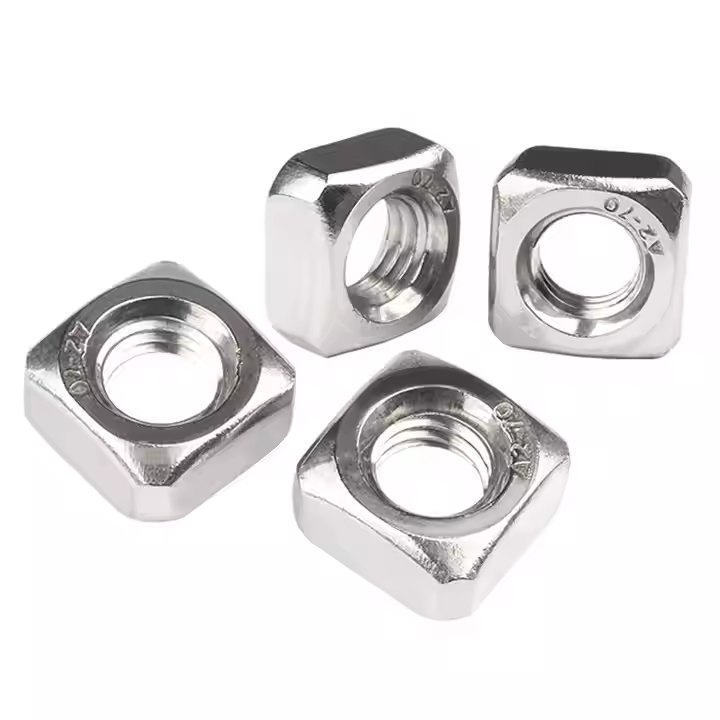
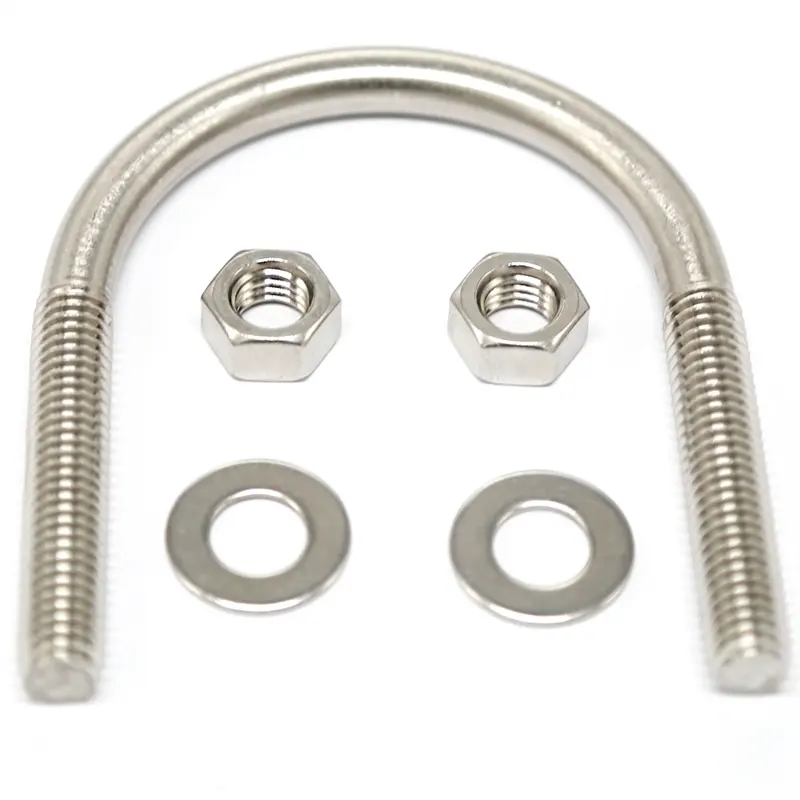

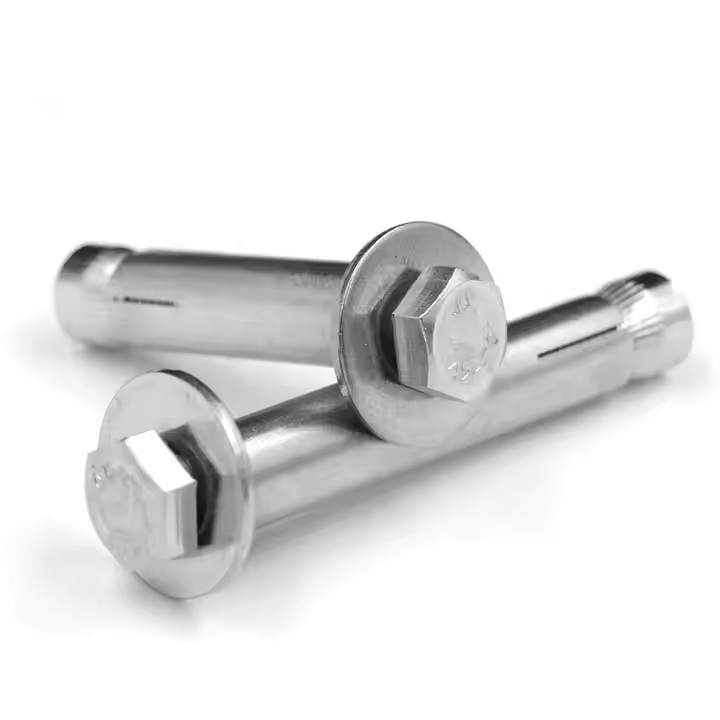
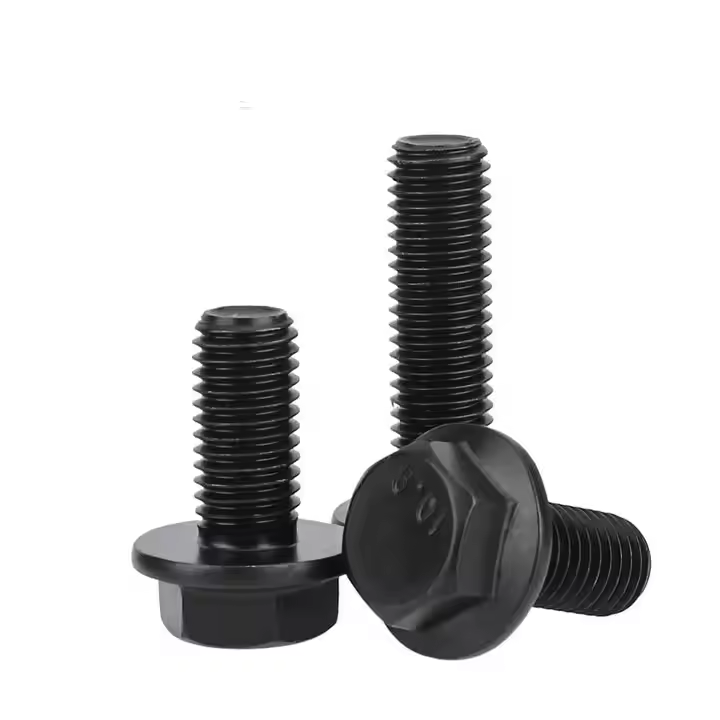


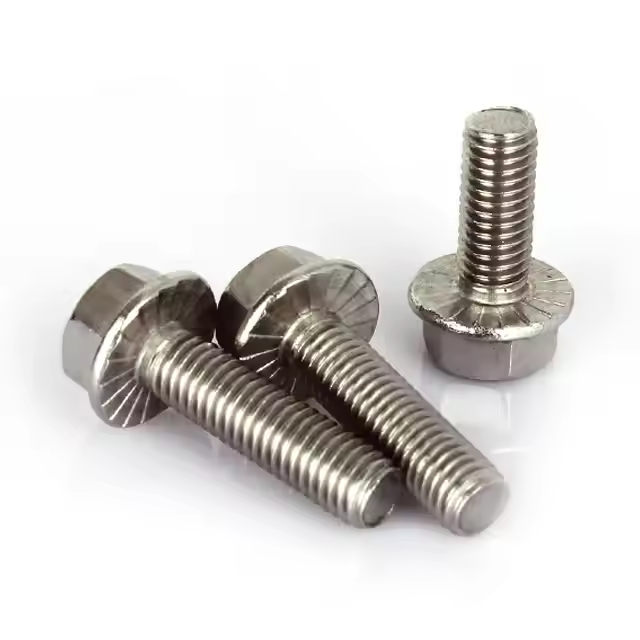
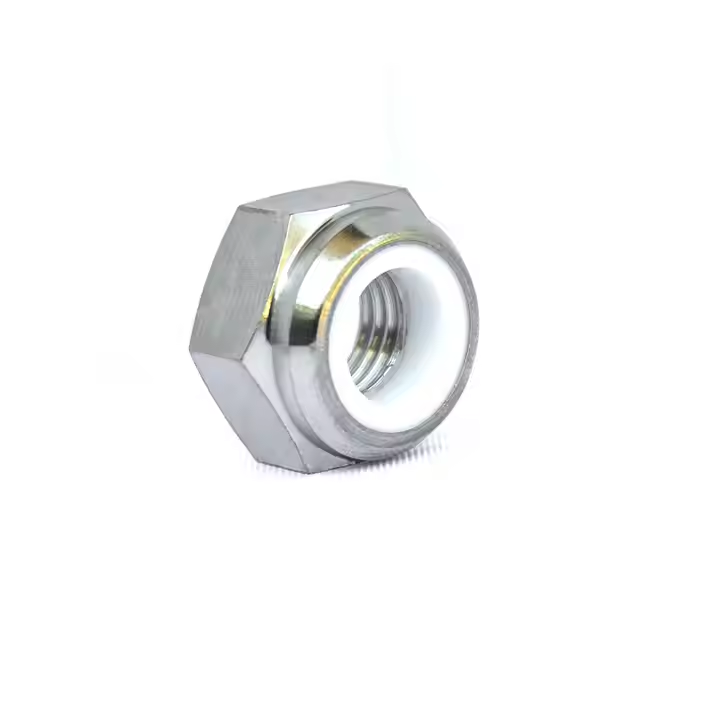
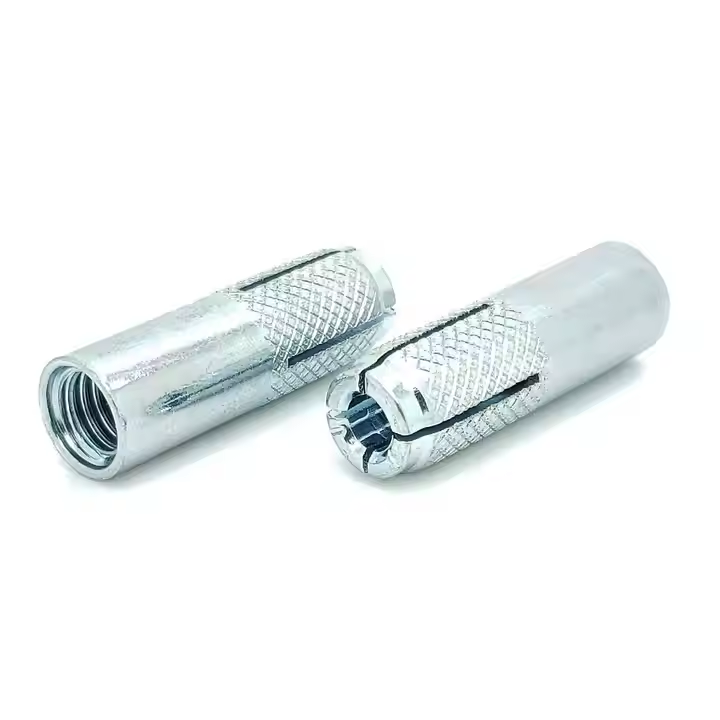

Please enter your email address and we will reply to your email.